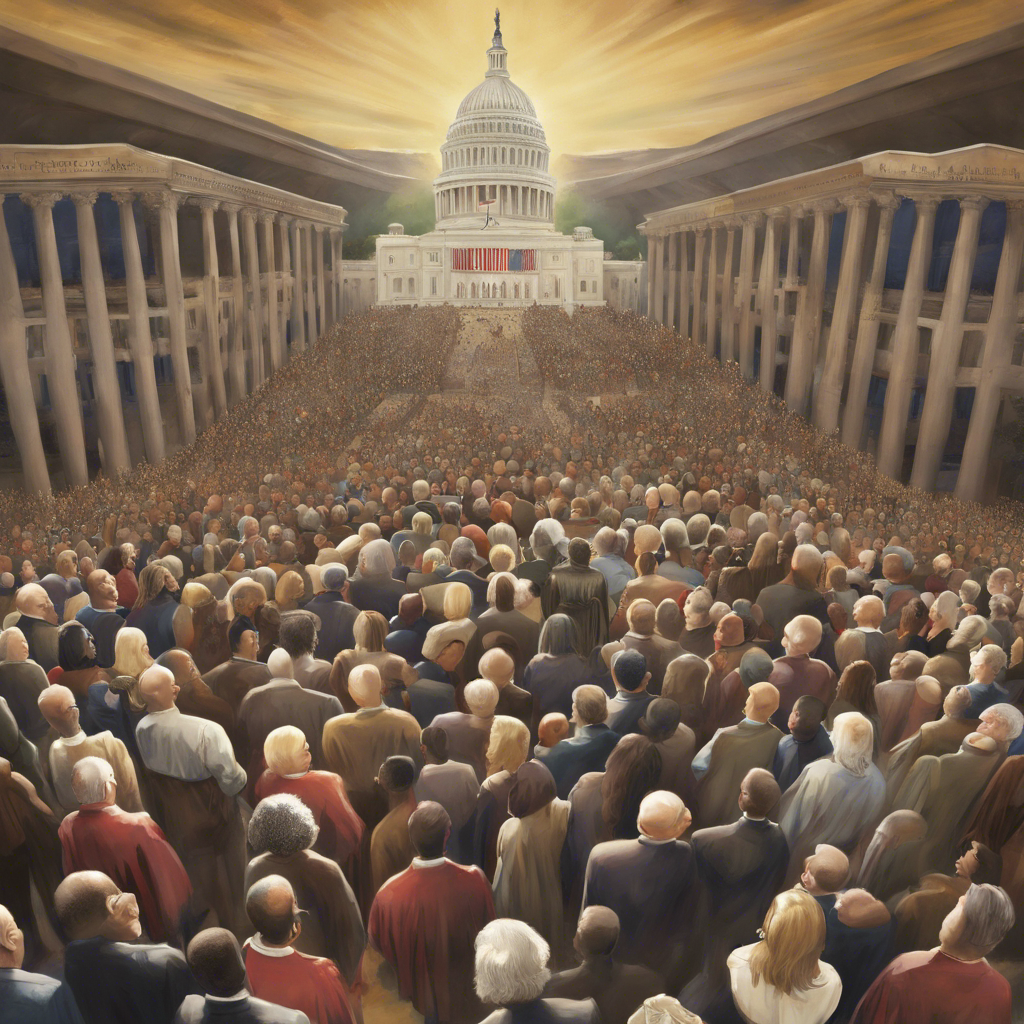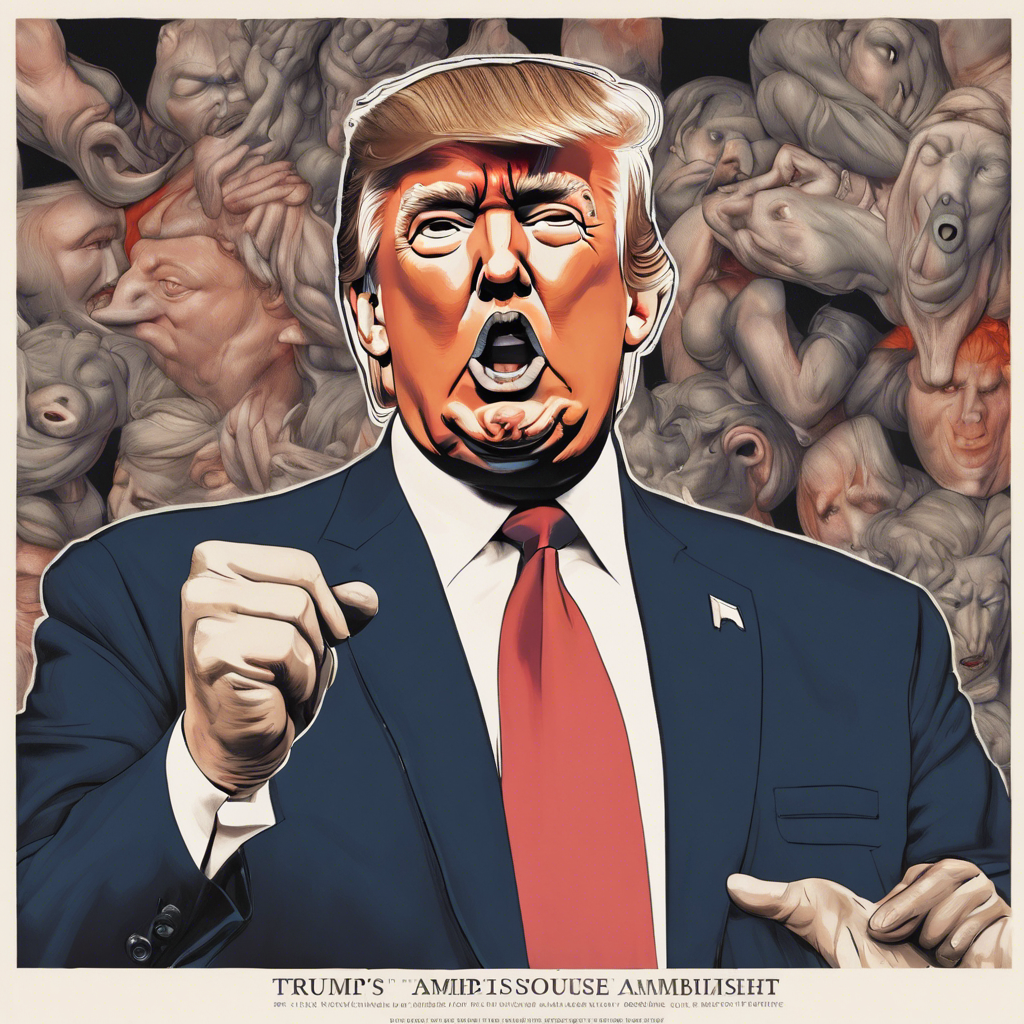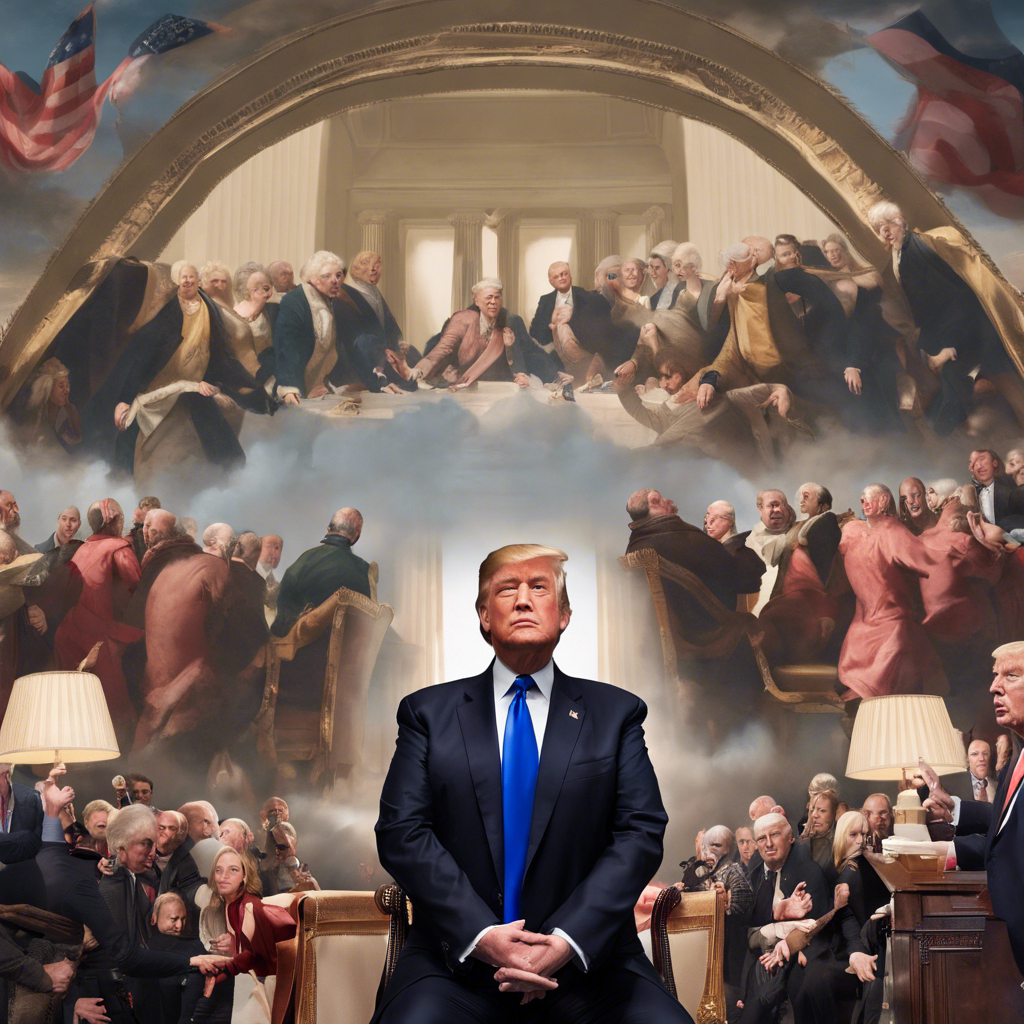The Intersection of Faith and Politics: A Journey Through Evangelical America

Tim Alberta’s new book explores the complex relationship between evangelical Christianity and politics in America.
In the quiet town of Hudson Valley, New York, stands Goodwill Church, a place of deep significance for journalist Tim Alberta. It was here that his family’s faith journey began, with his father’s transformative experience as a born-again Christian. But as Alberta embarked on a career in journalism, his connection to the church became increasingly complicated. His experiences navigating the intersection of faith and politics form the basis of his thought-provoking new book, “The Kingdom, the Power, and the Glory.” In this article, we delve into Alberta’s exploration of the age of extremism in evangelical America and the impact it has had on both the church and the political landscape.
A Crisis in the American Church
Alberta’s book sheds light on the crisis he perceives in the white evangelical church, a crisis that he believes stems from an era of extremism. According to Pew Research Center, approximately 24% of American adults identify as evangelical, with 68% of white evangelicals expressing support for former President Donald Trump. Alberta argues that this shift reflects a departure from traditional norms, both within the Republican Party and the church itself. He suggests that when a group gains enough influence and power, the fringe elements can overtake the mainstream, leading to a transformation of the entire institution.
The Shadow of Politics over the Pulpit
At Goodwill Church, Senior Pastor John Torres, who once worked with Alberta’s father, expresses unease about the intrusion of politics into the church. He believes that politics is viewed negatively by many congregants, who see it as a dirty and divisive force. Torres emphasizes that his role as a pastor is to focus on matters of faith and spirituality, rather than engaging in political discussions. However, not all evangelicals share this perspective, with some embracing politics as a means of solidifying their hard-won power.
The Temptation of Power
Alberta highlights the allure of power for many evangelical Christians who supported Trump. He argues that Trump’s promise to grant them power resonated deeply with a significant portion of the evangelical community. While Trump’s rhetoric and conduct may have been at odds with Christian values, the appeal of gaining influence and a seat at the table in the White House proved irresistible for some. Alberta warns that when individuals attain power, they can easily lose sight of their principles and beliefs, leading to a compromise of their faith.
Faith and Reporting
Alberta’s personal journey has strengthened both his faith and his commitment to journalism. As a reporter, he believes it is his duty to remain objective and not become the story. However, his experiences navigating the complexities of faith and politics have given him a unique perspective. Alberta acknowledges that once you witness the intersection of these two realms, it becomes impossible to look away. His book serves as a testament to the importance of understanding the intricate relationship between faith and politics in America.
Conclusion:
Tim Alberta’s exploration of evangelical Christianity and politics in America offers a nuanced and thought-provoking analysis of an increasingly complex landscape. Through his personal experiences and extensive research, he shines a light on the challenges and tensions faced by the white evangelical church. Alberta’s book serves as a reminder that faith and politics are deeply intertwined, and their intersection has far-reaching implications for both the church and the wider society. As we navigate an era of extremism, it is crucial to engage in thoughtful dialogue and reflection to ensure that our principles and values remain steadfast in the face of power and influence.










